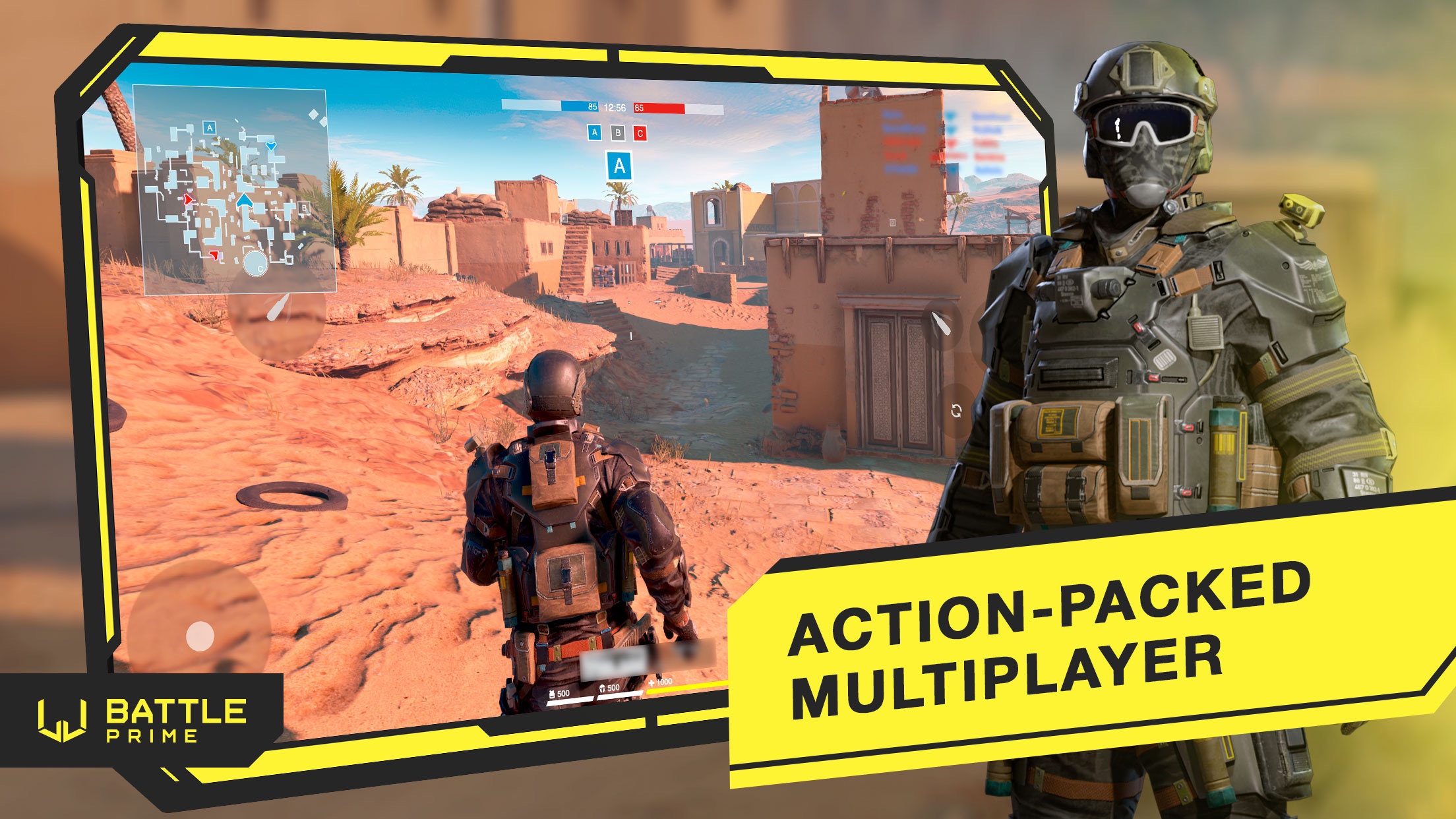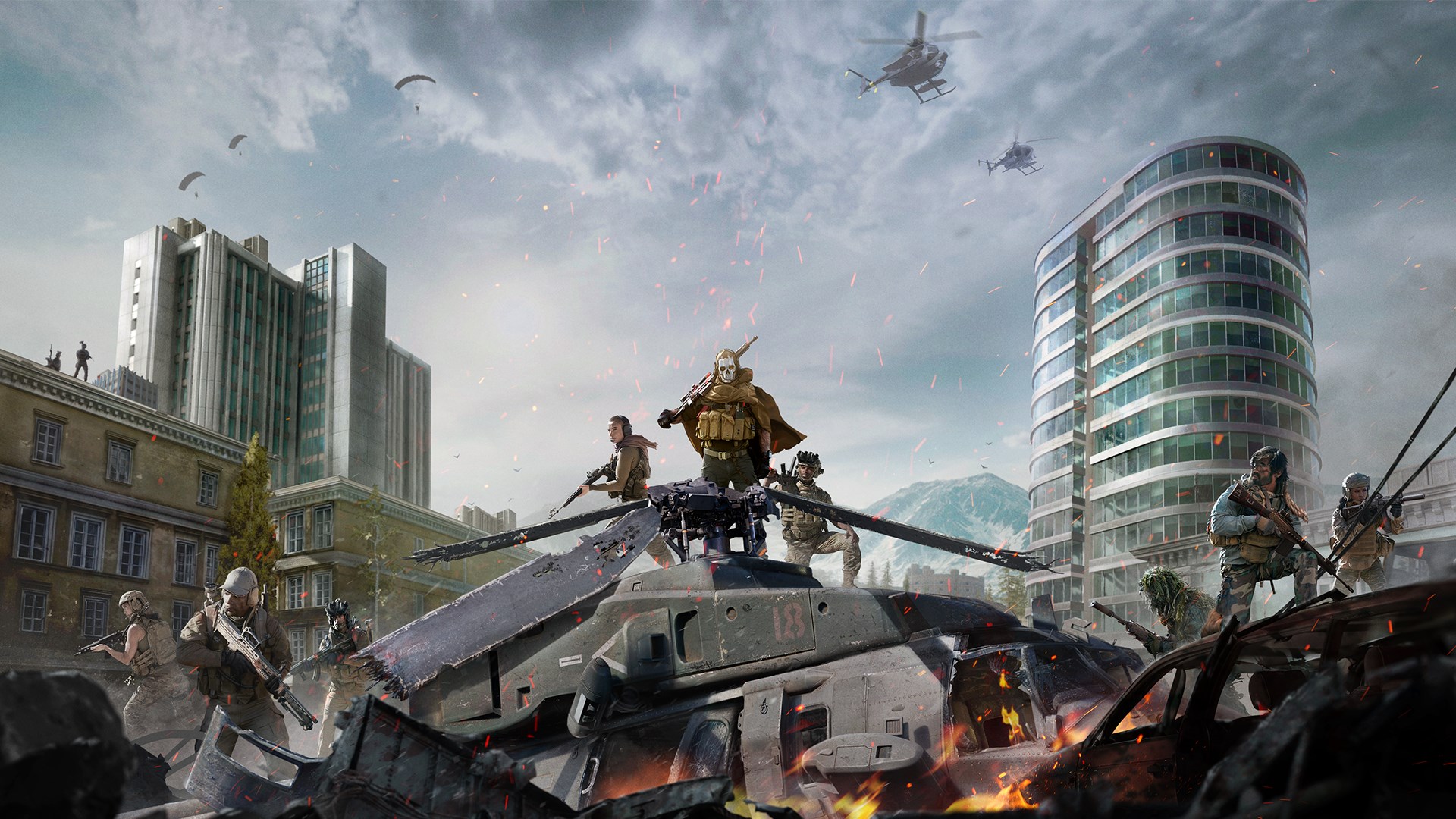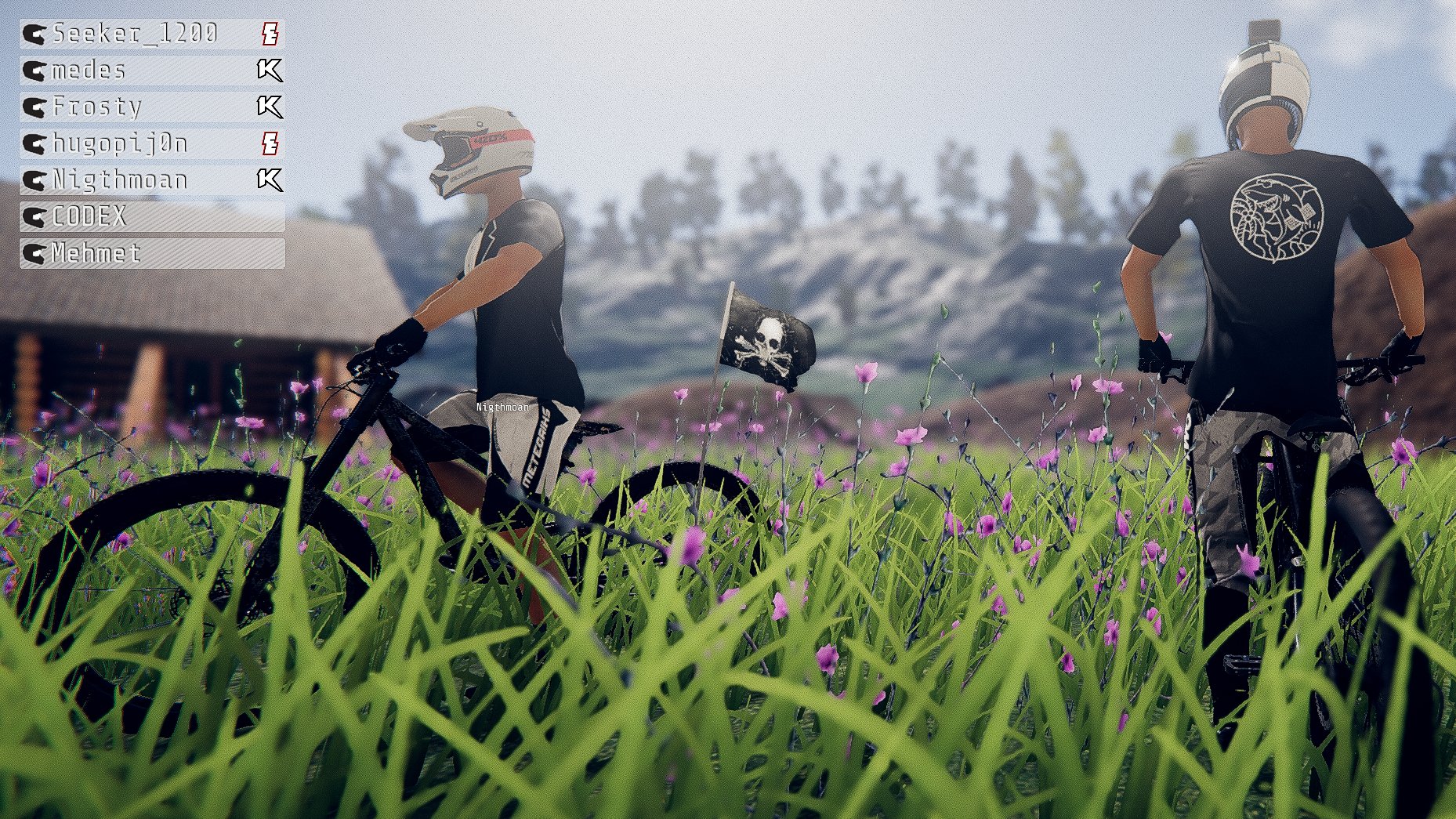Our friends at law firm Semenov&Pevzner have put together an exhaustive overview of the most significant legal disputes that have impacted the video games industry since late 2019.
This overview covers both notable lawsuits and other impactful cases which have profoundly affected the industry without having made it to the courtroom.
The report was prepared by Alexey Pereverzev, Junior lawyer at Semenov&Pevzner, and Ekaterina Smirnova, Managing Partner at Semenov&Pevzner St Petersburg Office.

Alexey Pereverzev and Ekaterina Smirnova
This is Part Two of Two. It will deal with trademarks, image rights, personal data, gambling mechanics, and other notable cases.
Don’t forget to check out Part One here to educate yourself on copyright in video games.
Trademarks
Trademark is a product identification tool — in the case of video games, anything from the title to character images to soundtrack to the elements of the gameplay interface may become a trademark. A right holder that registers such trademarks can commercialize the product more efficiently — and gets access to additional remedies for their infringement.
Wargaming against former staff members: the use of the word ‘Blitz’
At the end of February, 2020 Wargaming issued a press release announcing an injunction it had secured against Blitz Team: the court barred the company from using the word ‘Blitz’ in relation to video games throughout the European Union.
Blitz Team founders are former Wargaming employees who took part in the development of the game World of Tanks Blitz. Blitz Team utilized the word ‘Blitz’ both in the name of the studio and in the title of its Blitz Engine, used to build the studio’s debut game – a mobile shooter titled Battle Prime.
Wargaming representatives justified their decision to seek the injunction by saying that the company aimed to prevent any unauthorized use of its intellectual property and any confusion with World of Tanks Blitz. According to the developer’s comments, the injunction was final and enforceable immediately. In March, 2020 Wargaming filed a trademark infringement lawsuit with the District Court of Los Angeles against Blitz Team. The two adversaries are also involved in a dispute relating to the trademark Battle Prime.

Battle Prime
Image Rights
The image of a person featured on a photograph is afforded legal protection that is separate from the protection enjoyed by the photograph proper. In order to obtain the right to use a real person’s image one must secure the person’s consent. In practice, however, this rule often gets overlooked by game developers.
Selena Gomez against the developers of Clothes Forever
In April, 2020 Selena Gomez filed a lawsuit against LoveCrunch, the developers behind the mobile game Clothes Forever. The singer accused the company of theft and profiting from her own image and brand: she claimed that the game featured an image similar to the image of her that had appeared on the cover of Flare. Asserting that her reputation was jeopardized due to the association with the video game, Gomez demanded damages, an account of profits, and that the use of the image in question be discontinued by LoveCrunch.

Selena Gomez and art from Clothes Forever
Personal Data
The game community boasts millions of players, and developers have been paying increasing attention to the protection of the players’ personal data. Unfortunately, it has not always been possible to ensure data security, which entailed reputational losses that quickly translated into financial ones.
Game developers and publishers also need to consider the issue of personal data disclosure, so as to avoid third parties’ harmful influence on the gameplay.
Zynga publisher data breach
A lawsuit brought by Amy Gitre and Nasim Chaudhri, the father of a player who is a minor, against Zynga made news in March of 2020. The plaintiffs claimed that in September, 2019, a data breach led to the personal data of over 173 million players of Words With Friends and Draw Something, including their logins, passwords and addresses, becoming publicly available. Gitre and Chaudhri’s accusations spanned 14 paragraphs that included criminal negligence, fraud, unjust enrichment and breach of information security laws.
In April, 2020 a similar lawsuit was filed by two other players, Joseph Martinez, IV and Daniel Petro. According to the plaintiffs, Zynga did not ensure the reasonable protection of their data and failed to promptly notify them of the breach, which was against applicable consumer protection laws. Martinez and Petro demand damages, compensation and an award of costs.
Reddit forced to disclose user data
In February of 2020, Activision (Activision Publishing), the publisher of the world-famous Call of Duty series, sued Reddit in the Northern District of California and demanded the disclosure of data in relation to the user who had published a poster of the Modern Warfare battle royale, Call of Duty: Warzone, that had not been officially announced at the time.
The announcement poster had been shared by the forum user Assyrian2410 who claimed to have found the image on the internet. He removed the post soon after, but the poster had already been re-shared on other websites.
Pursuant to Digital Millennium Copyright Act Activision demanded the disclosure of all user data known to Reddit, including his name, address, email address, IP address and telephone number. On February 19, 2020, the court satisfied the demands of Activision and Reddit was served with the subpoena.

Call of Duty: Warzone
Gambling
In many games, elements of interface appear at random. While such appearance is not fully dependant on the player’s actions, it does offer certain benefits to him or her. Such elements of interface may, therefore, invite parallels with gambling – and in many countries of the world, there are laws in place that impose restrictions and prohibitions on gambling activities.
Across the board, loot boxes are increasingly gaining traction: the boxes contain random objects for the player to use, and the value of the object in any given case is not known to the player at the time the loot box is purchased.
Move to ban sales of loot box-featuring games to minors in Australia
In March 2020, an initiative emerged in Australia to ban the sale of any game containing loot boxes to those aged under 18. The country’s House of Representatives Standing Committee on Social Policy and Legal Affairs published a report titled Protecting the age of innocence: Report of the inquiry into age verification for online wagering and online pornography. The report offers six recommendations, some of which directly concern video games. In particular, the report recommends restricting access to loot boxes in video games to adults aged 18 and above, including through the use of mandatory age verification, and implementing mandatory age verification generally.
Australian government is trying to keep teenagers away from game content that features loot boxes or other gambling mechanics. Presently, it is not clear how this policy will be implemented, if at all: the report is currently undergoing governmental consideration.

A loot box in Overwatch
Other Notable Cases
RageSquid and pirate flags that cannot be unequipped
RageSquid, the studio behind the action Descenders, which imitates downhill mountain biking, came up with a peculiar way of marking players who are known to have used unauthorized copies of the game, particularly the members of SKIDROW and CODEX communities.
The developer acknowledges that pirates have contributed to the success of the game, with about 60% of players using unauthorized copies. The studio is not planning to prosecute the pirates, as it welcomes the extra attention they attract to the game — and the additional revenues it brings. As the studio director Lex Decrauw has put it, ‘It would be really easy to shout “Oh no, there’s X amount of people playing our game on pirated versions, we’re being robbed of X * [game price] dollars!” but that’s simply not true.’
To express gratitude, the company awarded the pirates with a small flag that cannot be unequipped from their mountain bikes. The developer encourages others to view the move as a joke, as opposed to a penalty.
Descenders
Minecraft online library
In honour of the World Day Against Cyber Censorship, celebrated on March 12, Reporters Without Borders opened a dedicated library in the famous sandbox game Minecraft, featuring previously censored works of journalists from across the globe.
After downloading the building and entering the game, a user finds himself on an island where the censored texts are kept.
According to Reporters Without Borders, Minecraft is the most suitable platform for such initiatives, as the game can be launched — and the library can be accessed – from virtually anywhere in the world.

The Uncensored Library in Minecraft
Ubisoft against websites involved in DDoS attacks on Tom Clancy’s Rainbow Six Siege
In January, 2020 Ubisoft, the publisher of Tom Clancy’s Rainbow Six Siege, filed a lawsuit against a number of persons allegedly responsible for the DDoS attack on the game servers via the website SNG.ONE. According to the lawsuit, which has been registered with the Central District Court of California, the defendants operate the website SNG.ONE and sell subscriptions, priced at up to 299.85 US dollars, for a ‘lifelong’ access to the server storing DDoS attacks-enabling software. Monthly subscription is priced at about 30 US dollars.
Ubisoft contends that the defendants are well aware of the harm they are causing to the publisher. It wants the websites blocked, and demands the payment of damages and an award of costs. Litigation continues.
Rambler against Twitch: unauthorized streaming
In August, 2019 Rambler Group petitioned the Moscow City Court to block access to the streaming platform Twitch.
Rambler’s representatives claimed that Twitch was – illegally – broadcasting matches of the English Premier League – something that Rambler Group was authorized to do. Rambler sought compensation in the amount of 180 billion roubles (equivalent to 2.9 million US dollars).
In course of hearing in December, 2019 it transpired that the parties had managed to settle the dispute, and the plaintiff withdrew the lawsuit. Rambler’s press office confirmed that the settlement agreement with Twitch made no provisions for payments of compensation to Rambler.

